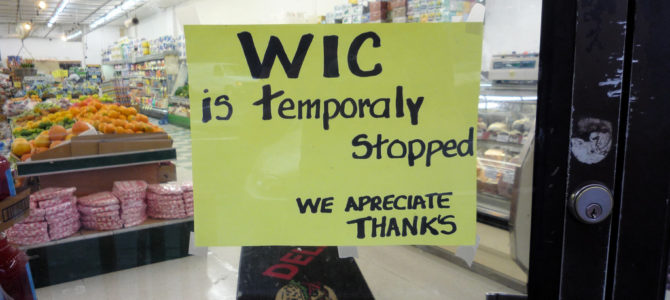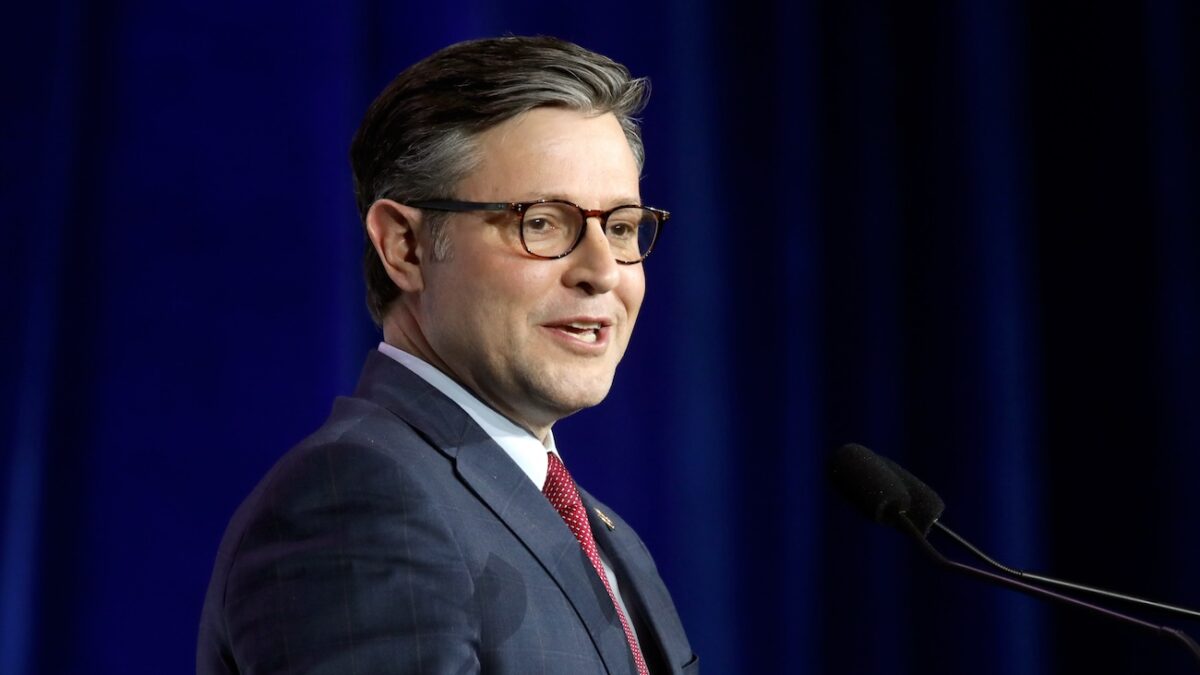
Many years ago, President Calvin Coolidge correctly discerned the moral dimension of government policy when he said: “I am for economy in government not to save money, but to save people.” Profound. Yet we Americans have largely ignored his insight.
The two immense challenges we citizens will eventually be forced to face are the staggering explosion of federal debt and the accompanying increased dependency upon the government by much of our population. While most of the debate is couched in economic terms, the heart of the question is moral.
Since the onset of the Great Society’s War on Poverty in the mid-1960s, the United States has spent more than $15 trillion in means-tested entitlement programs. Between 1960 and 2010, federal entitlement spending increased from 19 percent to 43 percent of annual federal spending. In 1960, government entitlement spending was a mere $24 billion, or $134 per citizen. By 2019, federal entitlement spending had soared to $7,200 (or approximately $1,000 in 1960 dollars) for every American.
These programs aimed not only to eliminate poverty but to eradicate its root causes. The results? The overall poverty rate in 1966 stood at 14.7 percent, while in 2013 it stood at 14.5 percent—basically unchanged. By any standard of measurement, these programs were a disastrous “investment.”
The government has massively redistributed income and, because lawmakers have funded this spending with deficits, shifted the burden of this redistribution to future generations, with no reduction in poverty. As former U.S. budget director and Indiana governor Mitch Daniels has written, “As a people, we have discovered the ability to vote ourselves largesse from the federal treasury in such vast quantities that we are destroying our own chances at prosperity.”
When interest rates inevitably rise to more normal, historical levels, the debt service burden will prove massive. Lest you think this is a partisan issue: Democrat Erskine Bowles, a former White House chief of staff, has called the pending debt crisis “the most predictable crisis in American history.” Admiral Michael Mullen, former chairman of the Joint Chiefs of Staff, warned, “The most significant threat to our national security is our debt.”
In economic terms, we are perched atop a time bomb. The explosion of federal debt to something over $20 trillion will have real consequences. Deep down, we Americans agree with Ben Stein: “If something can’t go on forever, it will stop.” Yet Congress refuses to reduce spending. Why? Because the American public refuses to demand congressional action. We have, in Arthur Brooks’ words, “Become a nation of takers – not makers.”
Over the years, millions of Americans have become “takers.” In 1950, only one in 25 Americans received any government aid, but, by 2012, it was one in three. Today a majority of American households includes at least one family member receiving entitlement benefits from taxpayers.
As Coolidge foreshadowed, the economic consequences are not the most tragic part of this story. Former senator Tom Coburn wrote, “Big government’s false promise of easy living and smug security has wreaked havoc not only in the nation’s finances, but also in the American ideals of self-reliance and human dignity.”
Brooks rightly concludes, “The fact that we have hardly moved the needle on earned success after spending trillions of dollars is not merely a failure of public policy. It is the greatest moral scandal of our time.”
J. D. Vance, in his blockbuster best-selling book, “Hillbilly Elegy,” poignantly portrays the devastating effects of well-intentioned entitlement programs. Millions of “Rust Belt Americans” have been shorn of their natural resilience and productivity and become trapped in a life of pessimism, hopelessness, and despair.
The legacy of big government is about far more than exploding debt, it is about the loss of individual freedom. The United States now stands No. 16 in the world ranking of economic freedom, a shocking reversal of our No. 2 ranking only 20 years ago. We have too often been willing to trade our reliance on free markets and individual freedom for government entitlements.
In “The Road to Serfdom,” Frederick Hayek warned of the insidious policies of big government that have always led to serfdom. No matter how benevolent the aims of government, the loss of individual freedom is the debilitating result of increased governmental control. Hayek argued that policies of individual freedom and free markets are “the only truly progressive policies.”
Outgoing House Speaker Paul Ryan voiced his determination to tackle entitlement spending in 2018. Who will take over this charge now that he’s failed? The American public needs to demand action on entitlement spending from our elected leaders today, in 2018, before it’s too late. It is simply the moral thing to do.









